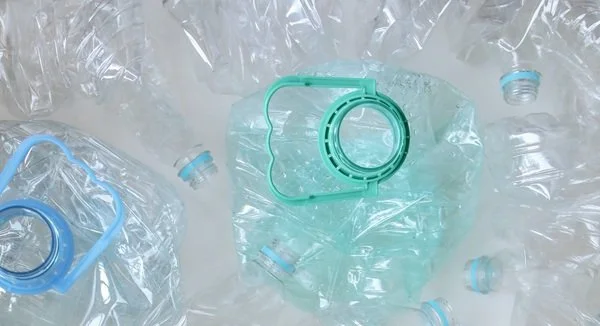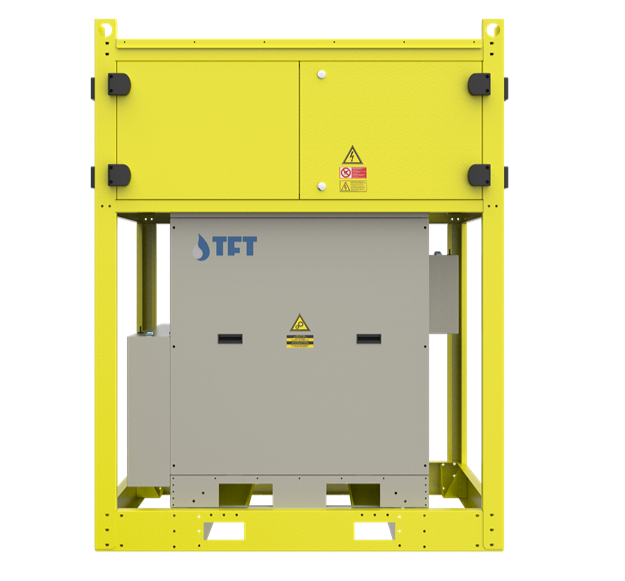Stop Moisture Ruining Your Plastic Production
Reliable Dehumidification for Injection Moulding & Plastics Manufacturing
Moisture in the air can cause havoc in the manufacture of plastics. Reduce rejects, prevent condensation on moulds and keep granules dry with engineered dehumidification systems for plastics plants.
HOW DOES MOISTURE AFFECT PLASTIC?
Moisture in the air condenses on cold moulds and is absorbed by plastic granules. That leads to defects, quality issues and unplanned downtime.
Condensation on moulds creates surface defects and shock cracks
Granules absorb moisture, causing bubbles and voids in finished parts
Stored hygroscopic compounds degrade and change properties
Loss of clarity and poor crystalline structure in clear plastics
Clarity and crystalline structure of end product is of poor quality.
Get tailored advice for your plant
TALK TO AN ENGINEER
We respond to quotes within 24 hours.
Dehumidifiers Designed for Plastics Manufacturing
Mould Dehumidification System
Injection Moulding, thermo forming and polymer storage without condensation is possible!
How it works
Keeps the air around the moulds dry at a controlled temperature of 5°C or lower, eliminating condensation on cold surfaces.”
What it does for your line
Eliminates water droplets on moulds
Prevents corrosion and mould growth
Stabilises mould temperature for consistent production
Impact on production
Shorter cycle times
Fewer rejects and quality claims
Less unplanned maintenance on moulds and equipment
Improved Raw Material Storage
Keeps hygroscopic granules dry in silos and bins
Stops moisture uptake before processing
Protects raw material quality between deliveries
Improved Plastic Products
Eliminates shock cracks and moisture defects
Improves clarity and crystalline structure of clear parts
Enhances surface finish by keeping mould surfaces dry
No Effects from Weather or Changing Seasons
System performance unaffected by ambient temperature swings
Maintains stable air conditions year-round
Ensures consistent product quality in summer and winter
Improved Mould Storage
Keeps stored moulds below 50% RH to prevent corrosion
Reduces need for greasing and cleaning before use
Stops condensation in pneumatic systems and sticking granules
Ready to fix moisture problems in your plant?
Plastics Manufacturing Brochure
NO EMAIL REQUIRED
DEHUMIDIFIER HIRE
Not ready to invest? Test the results first.
Rent a desiccant dehumidifier during peak humidity months and measure the impact on cycle times, reject rates and downtime.
Ideal for trials and pilot lines
Seasonal climate fluctuation issues
Fast deployment to existing plants
Option to apply rental costs towards purchase
Visit our Dehumidifier Hire page to learn more - we have seen many industries benefit greatly from the temporary use of dehumidifiers.
FAQ
Here are some of the most common questions we receive from plastics manufacturers looking to improve quality, efficiency, and environmental control in their production space.
-
Moisture in hygroscopic resins can cause defects such as silver streaking, splay, and warping. Controlling humidity ensures resins stay dry before processing, improving surface quality and dimensional accuracy.
-
Yes. Our engineered solutions can be integrated into your current HVAC+R system or installed as standalone desiccant units, depending on your facility layout and production requirements.
-
It depends on your process. Many facilities only require targeted humidity control at the moulding machines or drying area, while high‑precision manufacturing may need a dedicated, climate‑controlled room. We design both.
-
Yes. Lower humidity and low dew point conditions help resin dryers work more efficiently, often reducing drying times and energy consumption.
-
We assess several factors including room size, production heat load, airflow patterns, number of people working in the area, moisture sources, and your required dew point. This ensures we specify a system that maintains stable conditions and delivers consistent performance.
Get in touch
for an obligation free chat about your indoor climate control requirements




